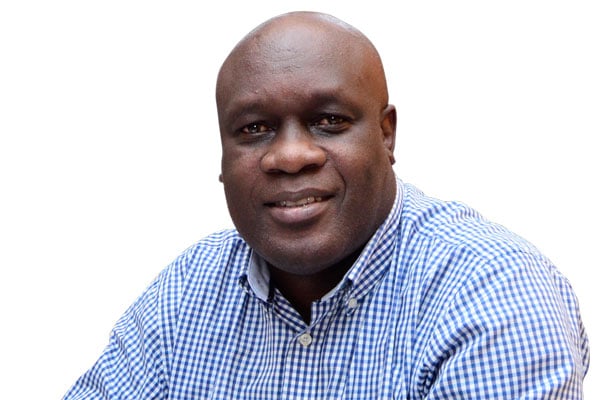Prime
Citizen journalists can share fake news or protect the truth

Odoobo C. Bichachi
What you need to know:
We can certainly do more than tweet, heckle and shame or praise on social media
Citizen journalism and citizen journalists have been at the centre of discussions for many years especially ever since improvements in information and communications technology (ICT) thrust them on the stage almost at par with traditional journalists.
For once, editorial gatekeeping was effectively bypassed and many stories that would have ended up in editors’ trash bins because they were “not important” could now see light of day through citizen journalists. Or better still, perspectives that would otherwise have been blocked by traditional editorial platforms in favour of establishment narratives could now also be heard – again through independent journalists.
But the opening (or breaching) of the editorial floodgates did not only bring more information to citizens, it also allowed a lot of fake information that usually would have been filtered by editors to see the light of day. Growth in fake news meant the truth was further drowned. This scenario has led many people to trust traditional journalism more and distrust citizen journalism – at least in cases that are not in black and white. It is important to note that there are, broadly, two categories of citizen journalists; your ordinary man or woman on the street with a smart phone and data on one hand, and on the other deeply knowledgeable people in different professions that are driven by truth and are governed by ethics to share what they know about things around them.
We see both of them online – one group (though not entirely) tends to misinform, under-inform or simply heckle while the other seeks to bring truth, independent perspective or give platform to ideas that mainstream media has discarded to the periphery or is trying to hide. I shall say a few things about the second group. If, for instance, you have followed news coverage of the Russia-Ukraine war on CNN, BBC, Aljazeera, France24, etc on one hand, or RT and Sputnik on the other, then chances are you have only heard half-truths from either side.
But if you have been watching independent commentary and stories filed by independent citizen journalists, incidentally mostly operating from the “West”, then chances are you are closer to the truth about this war. Alexander Mercouris based in the UK and Alex Christoforou based in Cyprus come to mind. Note that it is not just individual citizen journalists. In fact independent think-tanks like “Democracy Now” (www.democracynow.org) doing periodic podcasts of interviews and analysis and sharing them on YouTube have shown that citizen journalism can effectively sidestep establishment media to deliver truth and balance in situations where the truth is difficult to find.
In Africa, and Uganda particularly, we are still using social media mostly for gossip, heckling and show-off yet it can be much more. Even in situations where the public is craving for information during a time of crisis or social contention, “expert” citizen journalists have not stepped out to provide alternative perspectives different from official government or mainstream media narrative. We can certainly do more than tweet, heckle and shame or praise on social media.
*****
Peter Kaujju (Head of Communications & Marketing, Umeme): We read your story ‘Mps end Umeme monopoly as electricity distributor’ carried in the issue of 14th April 2022.
Your story carries a number of inaccuracies regarding the Electricity Amendment Bill which was passed by Parliament. Umeme wishes to clarify as follows; Umeme is currently in its 17th year of a 20-year concession to distribute electricity in a specified license territory. While Umeme Limited is the largest energy distributor in Uganda, it is but one of six licensed distributors, who include UEDCL, the asset owner.
The sole bulk supplier of electricity is the Uganda Electricity Transmission Company Limited and not Umeme.
Your reference to Umeme as holding a monopoly to supply electricity is therefore inaccurate since Umeme is neither a monopoly nor the bulk supplier of electricity in Uganda. Umeme appreciates your continued interest and coverage of the electricity sector though we hope future articles will be more accurate and less sensational.
Public Editor: Thank you for this feedback. The inaccuracies are well noted and regretted. The editors have been advised to make the correction in print and online.
[The clarification was duly published in the April 21 edition.]
Send your feedback/complaints to [email protected] or call/text on +256 776 500725.



